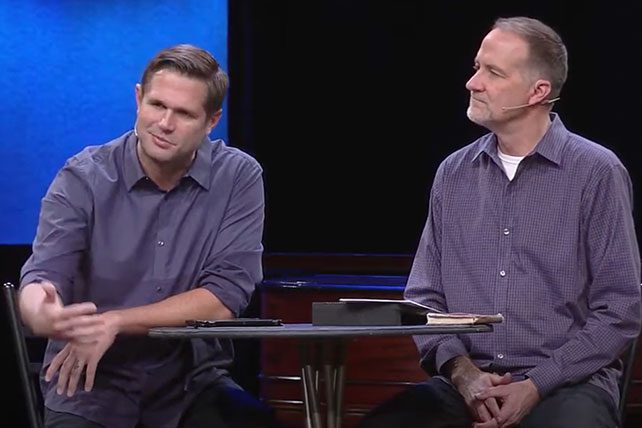The United Kingdom has just passed a law aimed at protecting minors from accessing online pornography. The new law requires visitors to porn sites to verify their ages via credit card, passport, driver’s license or what some are calling a “porn pass.” While no doubt well-intentioned, the law has several significant problems.
“Our report notably did not conclude that age verification would have a significant impact on children viewing pornography online,” says Dr. Victoria Nash of the Oxford Internet Institute.
Dr. Nash is the lead author of the report she mentions, which evaluated how to protect children online. The executive director at an organization concerned with protecting digital freedoms also observes, “Age verification risks failure as it attempts to fix a social problem with technology.”
What the New Law Requires
The law will compel websites with more than a third pornographic content to verify users’ ages. AgeID is one of the main systems partnering with porn sites to do so and will be used by Pornhub and YouPorn. Those two websites alone have 2 billion visitors per month worldwide, according to Lad Bible.
Once the law goes into effect (reportedly in April), when users attempt to access, say, Pornhub, they will see a non-pornographic landing page where they will have to create an AgeID account by entering an email address and a password. Once they confirm their email address, users will need to verify their ages by entering their credit card, driver’s license or passport information. After that, people will be able to access any porn site that uses the AgeID system. Some sites, of course, might use other systems.
Those who are concerned about handing out their personal info to a porn site can purchase a “PortesCard,” which will be available at various retailers throughout the U.K. Buyers will verify their ages to the retailer when purchasing a PortesCard and then later use the card to access porn sites anonymously. The cards will cost £4.99 for use on one device and £8.99 for use on multiple devices. Once purchased, people will have to use the PortesCards within 24 hours, a rule in place in order to prevent people from reselling the cards.
What Are Some of the Problems With the Law?
There are several problems with the U.K.’s new law. One is the fact that it does not regulate social media, where it is very easy to find porn. In fact, WIRED author Rowland Manthorpe points out that if kids are going to run across porn by accident, social media is the most likely place for that to happen [warning: the article linked above contains a video with content some may find objectionable].
Another issue is that to get around the new law, all people need to do is use a VPN (virtual private network) when accessing the Internet. One expert says, “I suspect we will see an increase in advertising from VPN providers in the near future.”
While AgeID spokesperson James Clark maintains that users’ personal information will not be stored online, many are concerned that giving out their personal info will make them vulnerable to blackmail and lead to another Ashley Madison situation.
Another major concern with AgeID is the fact that it is owned by a company called MindGeek. This is significant, Manthorpe writes, because “what MindGeek doesn’t mention, literally anywhere on its website, is that it’s the owner of the world’s biggest porn sites, including PornHub, YouPorn and RedTube. Yup: We’re asking pornographers to protect children from porn.” Again, AgeID is not the only age verification system out there, but it is the one connected with two of the largest porn sites in the world.
The Heart of the Problem
As pointed out earlier, porn is a “social problem.” More specifically, it is a problem with the heart and, as such, will never be solved merely by creating and enforcing rules. Parents must pursue relationships with their kids and have ongoing conversations on these topics as soon as their children have any access to technology. These days, that’s quite young.



 Please share your heart behind your passion for kids and worship.
Please share your heart behind your passion for kids and worship.







